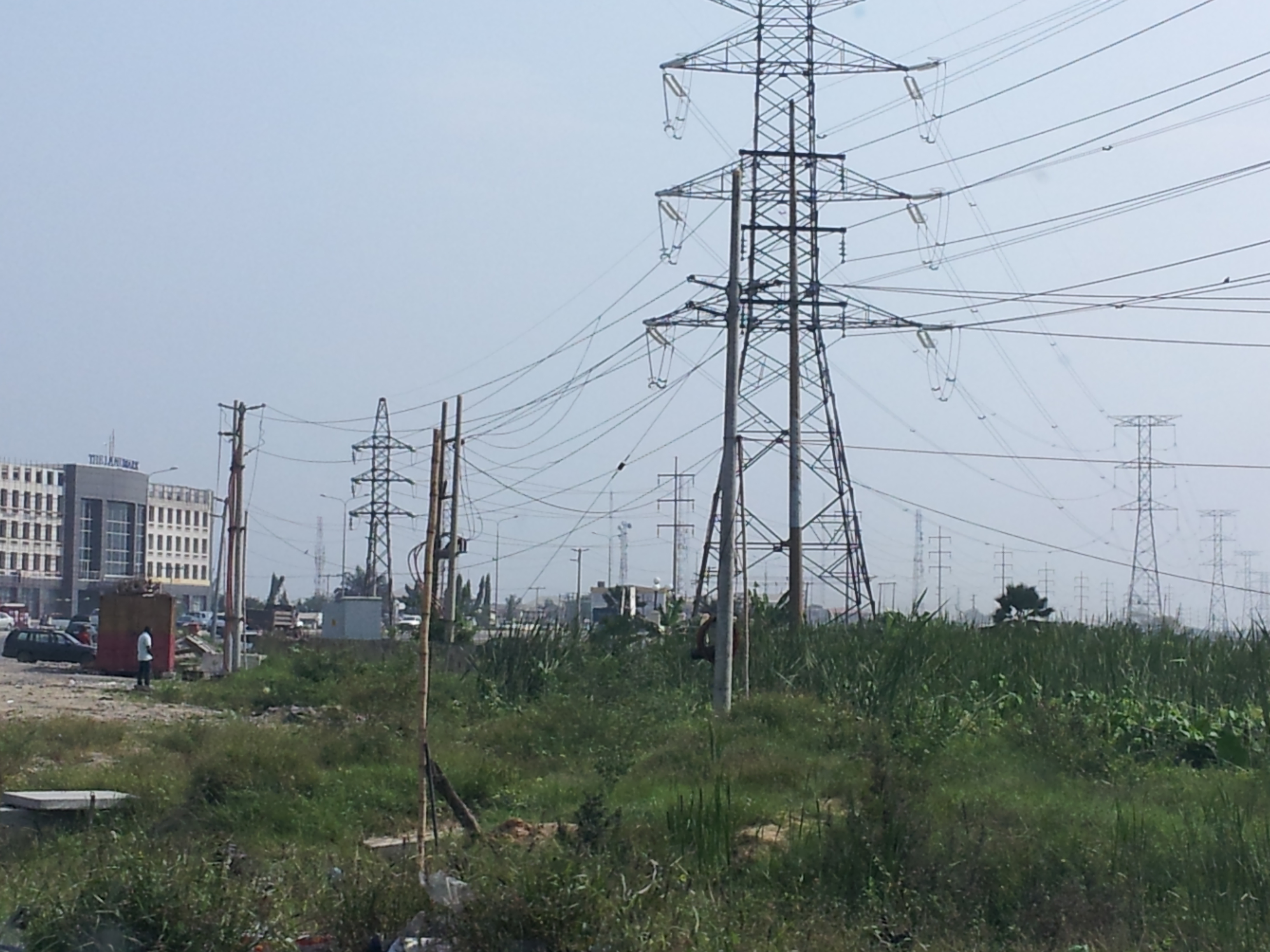
Daily life in Lagos – and for that matter, I guess in most of Nigeria and Africa – offers certain small excitements. One of them is the blackout excitement: some time(s) during the day, the light and/or the power goes off. Nobody gets disturbed; they just go about their business. There are generators both at school and at home, which means that typically the blackout lasts just a few minutes. There was no light when I woke up yesterday before sunrise. This time it was the generator that was damaged. I still managed to take a shower and get dressed with the assistance of some far away street lighting that came through the window, and the little light my tablet projected. This is just a small example of power problems in Nigeria.
Power supply is a critical obstacle to the economic development of the country. So as to ensure a regular supply, companies need to install their own generators. I’ve read that the operating cost of these generators is six times the tariff per kilowatt hour on the public grid, adding an extra 40% to the cost of doing business. I don’t know how accurate these estimates are, but in any case they indicate a substantial extra cost!
Fortunately, the situation seems to be changing for the good:
- The industry is undergoing a process of privatization likely to bring efficiency into the system. Both generation and distribution are being privatized. There’s a need, however, to invest in the supply of natural gas for power generation.
- Companies such as General Electric are committed to invest in power generation. A few weeks ago, GE launched its new “Destination Africa” program. They are committed to invest in power-generation, transportation, and healthcare, three critical sectors in Africa.
I had a conversation with Ernest Ndukwe, one of my colleagues in the Strategy department at Lagos Business School. Ernest is the Head of CIPRA (Centre for Infrastructure, Policy, Regulation and Advancement), a research center at LBS “devoted to research, training and advocacy in infrastructure development.” He believes that in a 3-5 year time the situation will improve significantly: There are generation plants currently under construction scheduled to be operating in this time frame. These need gas to be fueled. The good news here is that the government has committed more than $1.5 billion to ensure the necessary gas supply.
Things are changing in the Nigerian power industry that will have a very positive impact on the other sectors!


I absolutely agree that power supply is a critical obstacle to the economic development of the country. Hardly foreign companies will be willing to invest in these countries if they do not have ensured a steady supply of energy and a control over their production costs. There is much work to do
After writing this post, I heard from other sources that the government has finally realized the need to get this fixed, and are taking action. So hopefully the conditions will change soon. Thank you for you comment, Edu.
How nice!!
This post reminded me my similar experience, not in Africa but in India!! … and what about the sound of the generators!!
We used to to continue speaking, working at the computer or whatever we were doing at that moment.
However my bulk production always on time! 100% !
I bet this is the case in many emerging and frontier markets. Pilar, was the extra cost you faced by using generators instead of the regular electricity grid as high as it seems to be in Nigeria?
This posible extra cost using generators has been never a problem during my 10 years experience in India producing 10 milliion pcs per year, 1000 different references…,
I had to deal with posible extra cost due to other inputs but not electricity, as the impact in my total cost is not so high as other inputs.
Thank you for sharing, Pilar!